New thinking from production practices
During many years of implementing the Agricultural Restructuring Project, Dong Thap has strongly transformed from a small-scale production model to forming large-scale specialized areas, managed by technology and closely linked to the market value chain. The new production system not only creates stable income for farmers but also contributes to building a green, circular and sustainable agriculture.
Previously, many ineffective rice fields in Dong Thap were a concern for farmers because of unstable prices and high risks. However, along with the restructuring policy, Dong Thap has gradually shifted to higher value products such as mango, dragon fruit, durian, pineapple, ornamental flowers and especially tra fish.
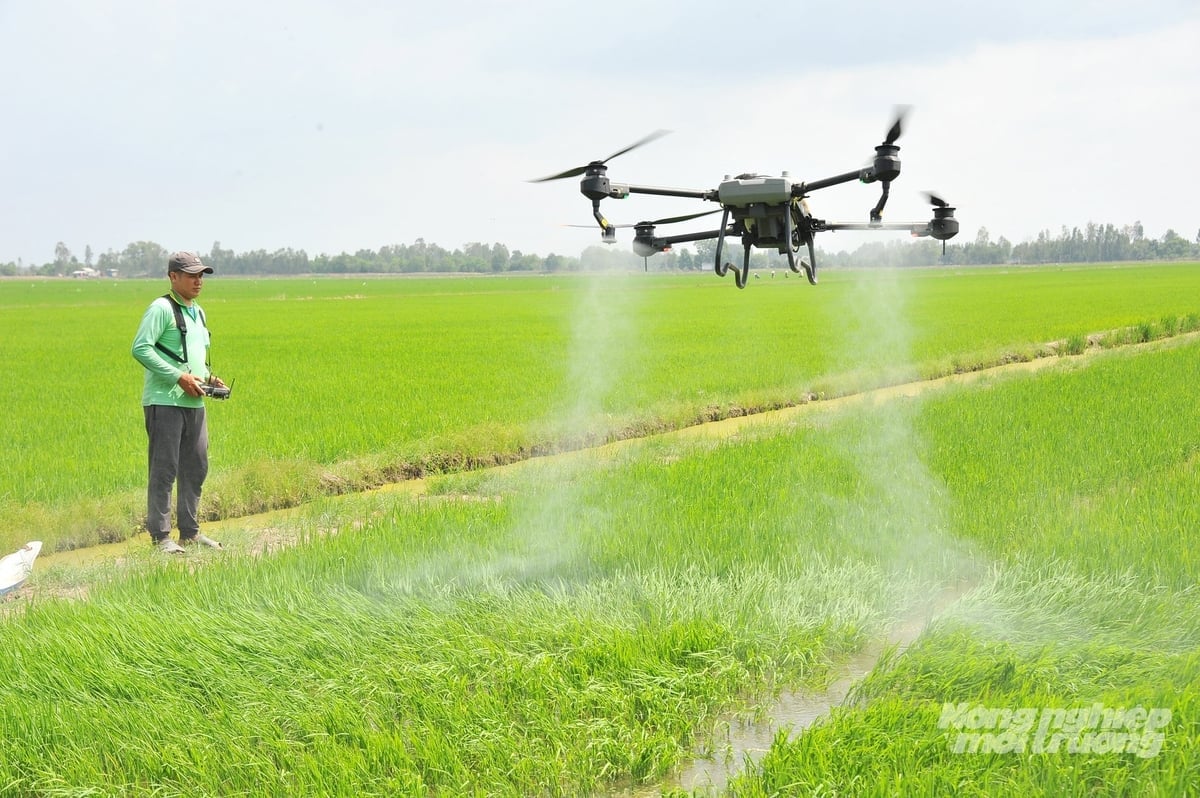
Dong Thap farmers apply drones in pest management, reducing costs and improving rice cultivation efficiency. Photo: Le Hoang Vu.
Mr. Nguyen Van Khoa, a farmer in Hong Ngu commune, Dong Thap province, shared: His family converted 1.2 hectares of rice land to organic mango cultivation in 2021. Up to now, income has more than doubled compared to rice cultivation. The price of mangoes is stable, the enterprise guarantees consumption and technical guidance, so he feels much more secure.
Mr. Khoa's story is also a turning point for thousands of farming households in the province, when Dong Thap proactively planned large production areas, focusing on technical support, capital and consumption linkages.
Currently, the whole province has formed a series of outstanding production areas such as: 14,700 hectares of mango, considered the largest in the Mekong Delta, 133,000 hectares of fruit trees, more than 22,000 hectares of aquaculture, with a catfish output of nearly 1 million tons/year and more than 2,600 livestock farms. Besides, Dong Thap has Sa Dec flower village with thousands of varieties of ornamental flowers serving the domestic market and for export. The above figures show that the agricultural restructuring of Dong Thap province is not only on the resolution but has actually entered into production life.
In the context of climate change and strict requirements from export markets, Dong Thap identifies organic agriculture and circular economy models as strategic directions.
In Lap Vo commune, the model of using agricultural by-products (straw, fruit peels, manure) to produce organic fertilizer is spreading. Mr. Vo Hoang Viet, head of Tan Binh Agricultural Cooperative, said: The cooperative has reduced the amount of chemical fertilizer by more than 30% by replacing it with self-produced organic fertilizer. The soil is more porous, the fruit is more uniform and Japanese enterprises have begun to place orders under long-term contracts.
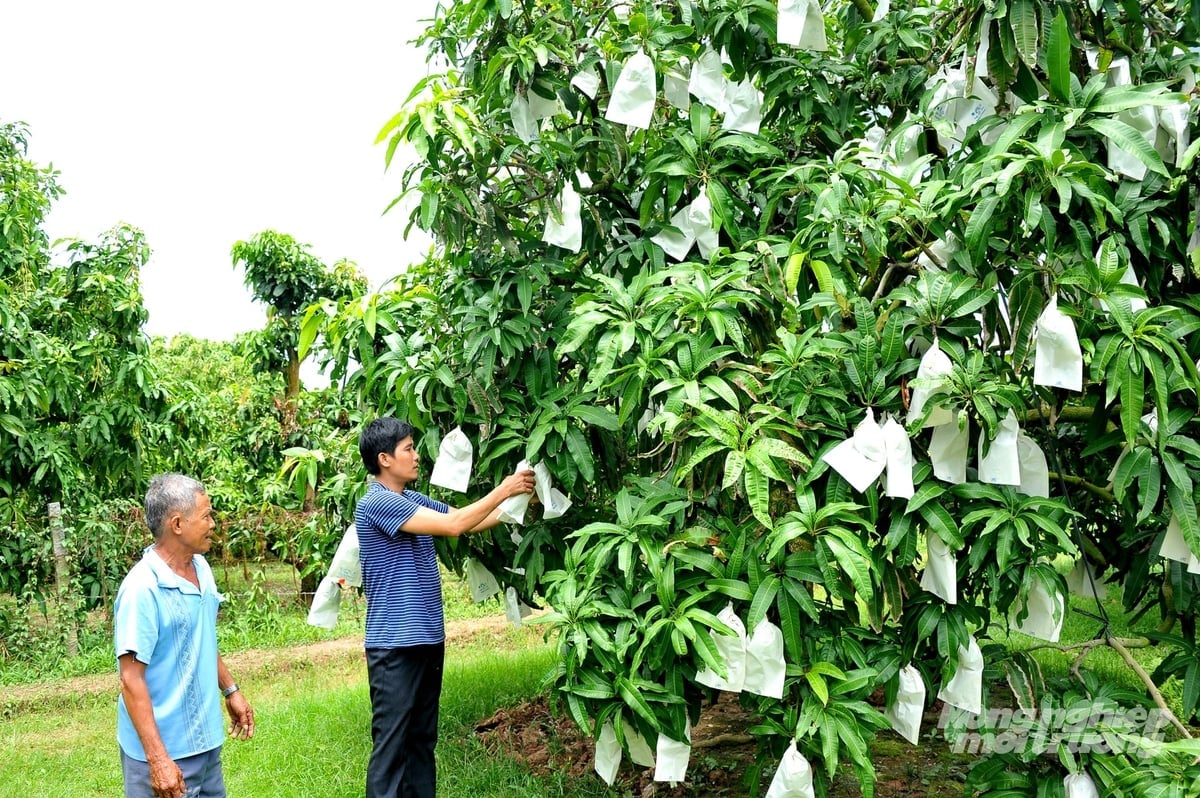
Farmers bag mangoes according to VietGAP process to improve quality and meet export requirements. Photo: Le Hoang Vu.
Many cooperatives in Thap Muoi, Cao Lanh, Tam Nong, Tram Chim communes... are also combining biogas, composting machines, and on-site straw treatment to reduce both input costs and emissions. In the rice sector, Dong Thap has actively participated in the 1 million hectare high-quality and low-emission rice project, with more than 58,800 hectares, reaching over 80% of the plan. Many farmers are familiar with alternating wet and dry water management, not burning straw, applying IPM and mechanization.
Mr. Tran Ba Thanh, a farmer in Thap Muoi commune, Dong Thap province, shared: Growing rice is now more enjoyable because there are fewer pests and diseases, costs are reduced but productivity is still good. In particular, for nearly 2 years now, he has participated in a large field producing under the 1 million hectare high-quality rice project to reduce emissions, and at the end of the season, there are businesses that buy at a price 100-150 VND/kg higher than free production.
Shifting strongly to agricultural economy
According to Mr. Le Ha Luan, Director of the Department of Agriculture and Environment of Dong Thap, the most important point is that Dong Thap has shifted its development mindset from agricultural production to agricultural economy, focusing on efficiency, added value and sustainability. This will be the foundation for Dong Thap to become a pioneer province in ecological agriculture, modern countryside and civilized farmers.
Mr. Luan said that restructuring not only changes crops and livestock but also focuses on reorganizing the entire production space according to each ecological zone: freshwater, brackish water, saltwater to create advantages for diverse development. Thanks to that, Dong Thap is currently leading the country in tra fish production, leading the Mekong Delta in fruit and second in rice and vegetables.
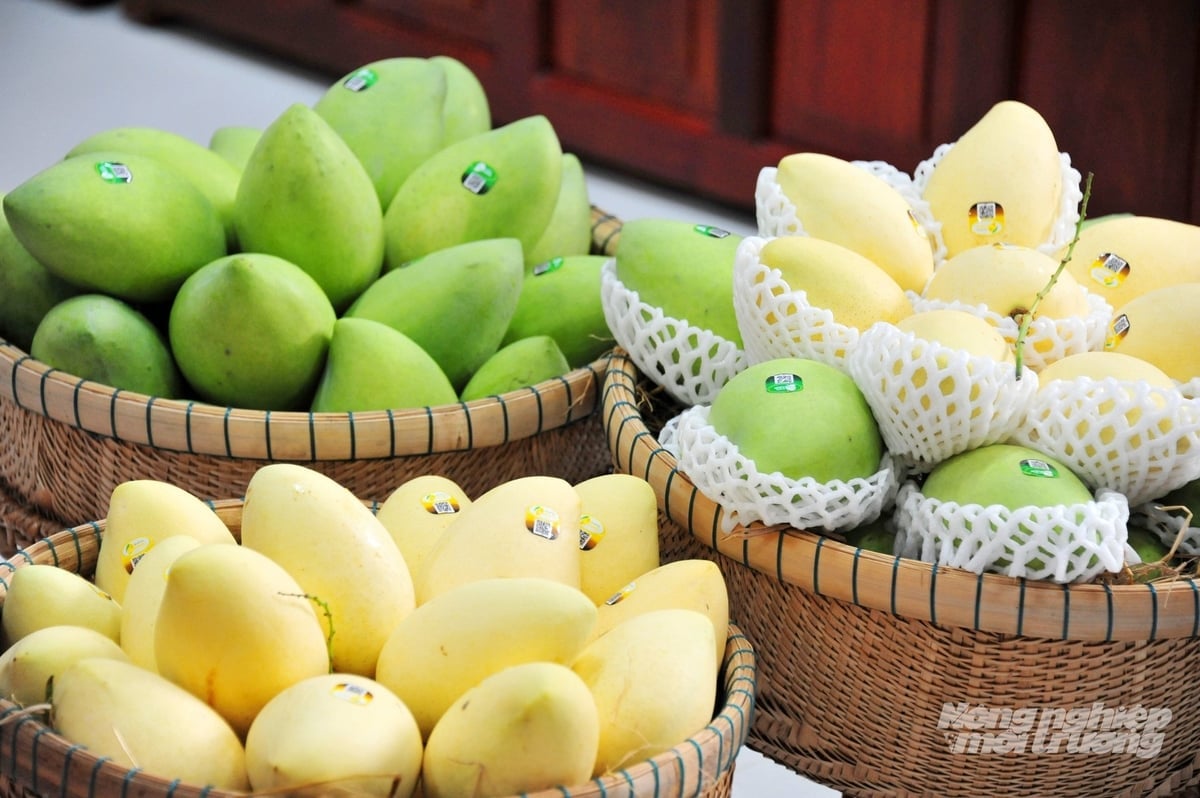
Dong Thap mango products are classified, packaged and labeled with traceability labels to serve domestic and foreign markets. Photo: Le Hoang Vu.
In recent years, Dong Thap has transformed strongly, helping farmers, cooperatives and association clubs linking the agricultural value chain to develop widely and strongly as it is today. The province has 408 agricultural cooperatives, playing an important role as a bridge between farmers and businesses.
Tinh Thoi Agricultural Production and Service Cooperative, Cao Lanh ward, is implementing a chain linkage for Cat Chu mangoes to Japan and Korea.
Mr. Vo Tan Bao, Director of the Cooperative, shared: Enterprises have very high requirements for growing area codes and traceability. The Cooperative works closely with farmers to perfect the process. Thanks to that, the products have stable output and prices are 20-30% better than those sold domestically.
The OCOP program is also a great driving force when Dong Thap currently has 1,002 products achieving 3 stars or more, from dried mango, lotus essential oil, pangasius fillet to Sa Dec ornamental flowers.
Restructuring in Dong Thap is not only based on structural transformation but also on knowledge and technology. In many farming areas, farmers have used IoT cameras to monitor fish ponds. Pest forecasting software. Drones to spray pesticides. Automatic drip irrigation systems. QR code browsing for traceability. These applications have reduced production costs by 15–30% and improved the quality of agricultural products.
According to the Department of Agriculture and Environment of Dong Thap, by 2030, the whole province will have a smart agricultural zone, integrating production data, markets and agricultural weather forecasts to serve operations.
Along with the shift in agricultural production, Dong Thap is moving towards an ecological, clean, beautiful and livable countryside. Flower roads, farmer's association models, and community tourism under lotus and mango trees help improve cultural and spiritual life.
The model of "Association Hall - Cooperative - Enterprise - State" has become the brand of Dat Sen Hong, helping people discuss, cooperate and develop together.
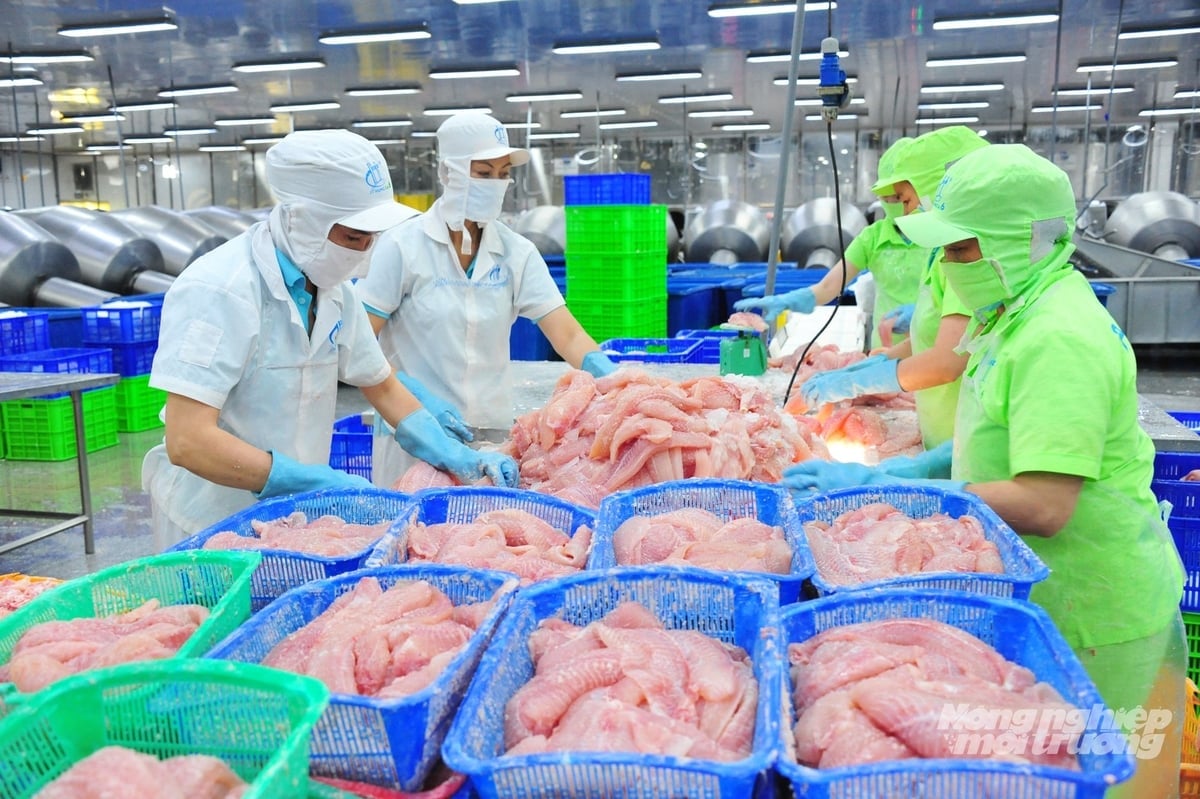
Currently, Dong Thap has the largest pangasius farming and exporting area in the Mekong Delta. Photo: Le Hoang Vu.
Mr. Luan added that after the merger, Dong Thap will build an agricultural sector based on three pillars. First, concentrated commodity agriculture and value chains. Developing five key industries: rice, fruits, tra fish, ornamental flowers - agricultural tourism, biosafety livestock. Expanding large-scale specialized areas according to international standards and closely linking the "4 houses".
Second, apply digital technology and advanced science and technology to form smart agricultural zones. Increase the area with growing area codes and QR codes. Expand international cooperation to transfer modern processing and preservation technology.
Third, build modern, ecological rural areas. Replicate circular, organic, and emission-reducing agricultural models. Strengthen sustainable management of land, water, and mineral resources and develop regional agricultural product brands.
With a strategic vision and an increasingly professional production foundation, Dong Thap is gradually positioning itself as a high-quality agricultural center of the Mekong Delta. Agricultural restructuring not only changes the production structure but also creates a driving force to improve farmers' lives, making Dong Thap a bright spot in rural economic transformation in the new period.
Source: https://nongnghiepmoitruong.vn/dong-thap-xay-dung-he-sinh-thai-nong-nghiep-hien-dai-d784987.html


![[Photo] Next to the "mountain of trash" after the flood, Tuy Hoa residents strive to rebuild their lives](/_next/image?url=https%3A%2F%2Fvphoto.vietnam.vn%2Fthumb%2F1200x675%2Fvietnam%2Fresource%2FIMAGE%2F2025%2F11%2F24%2F1763951389752_image-1-jpg.webp&w=3840&q=75)





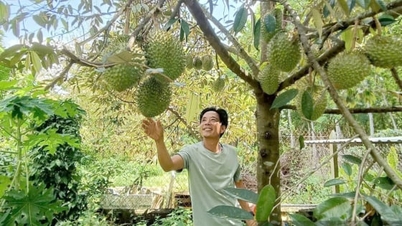






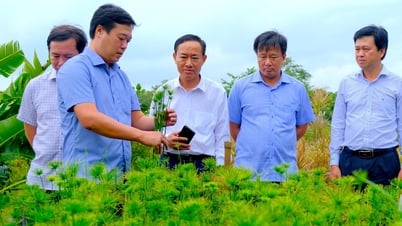


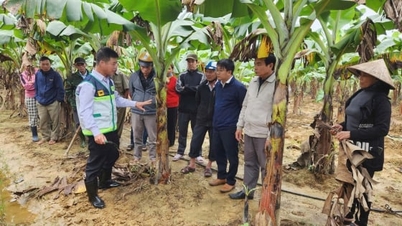
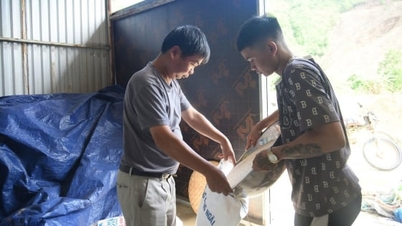
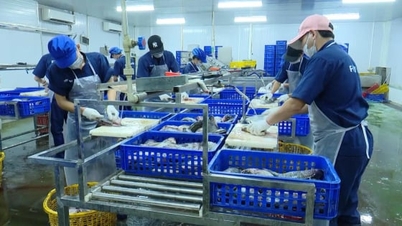
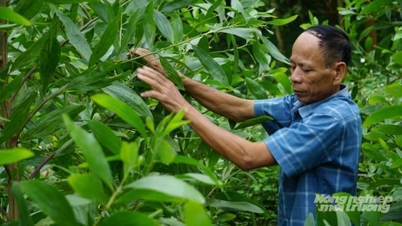
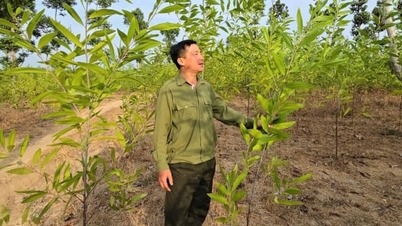




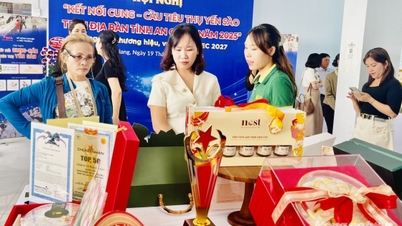

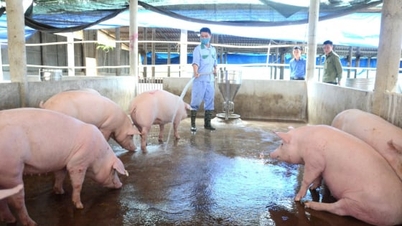

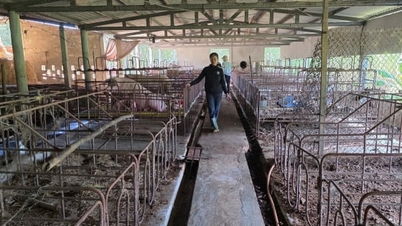
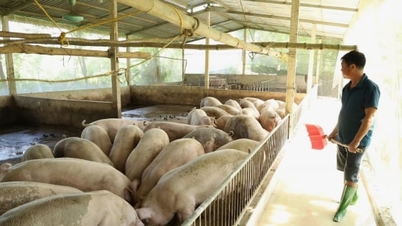




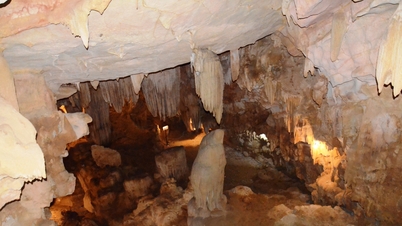

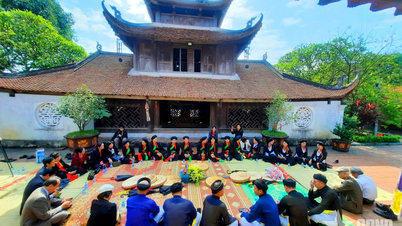

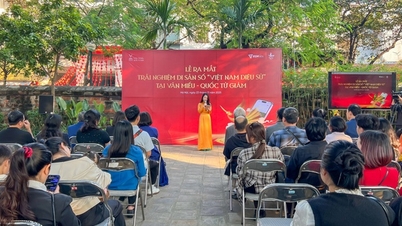

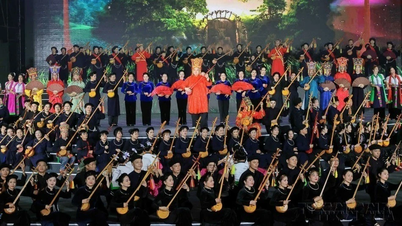




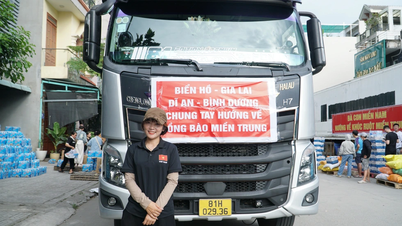


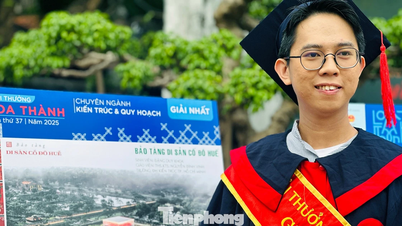

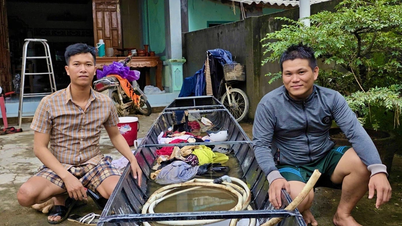



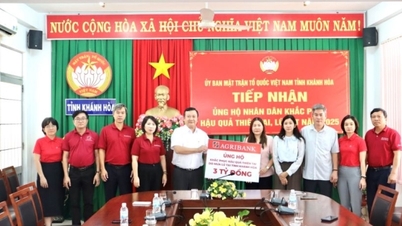

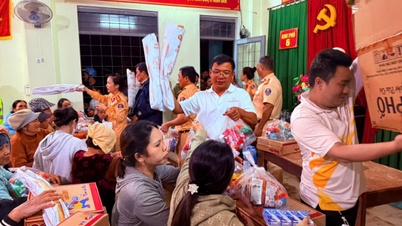

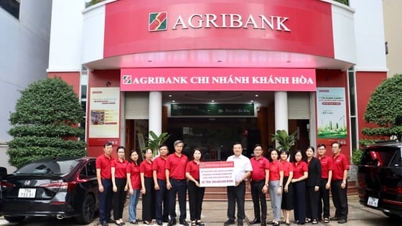







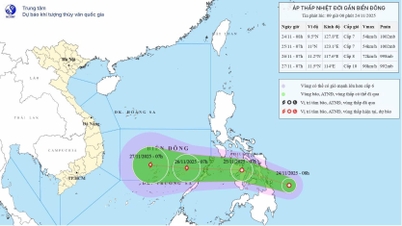



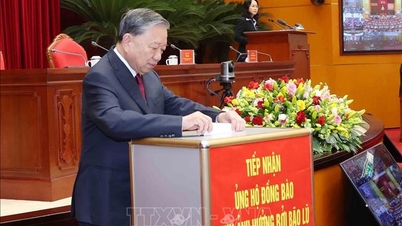

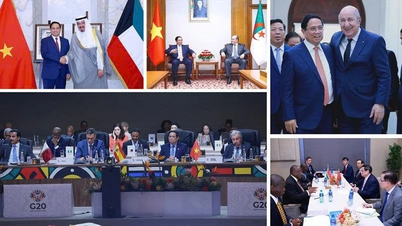

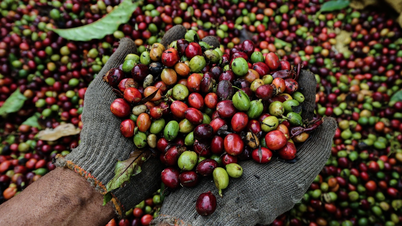




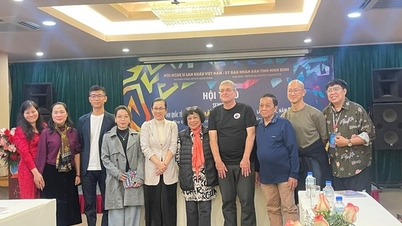
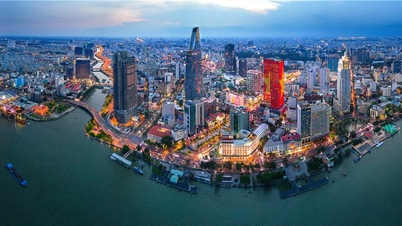
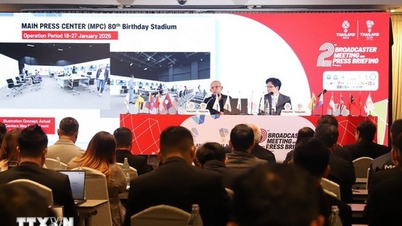
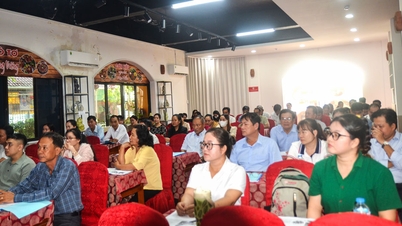

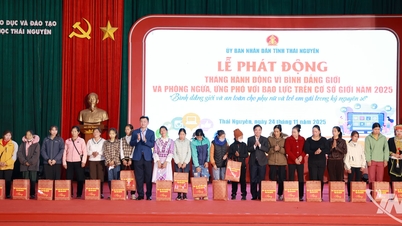

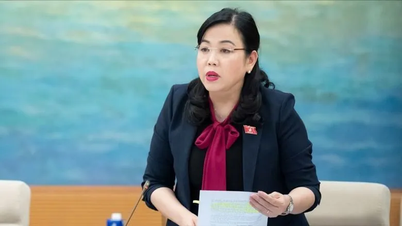
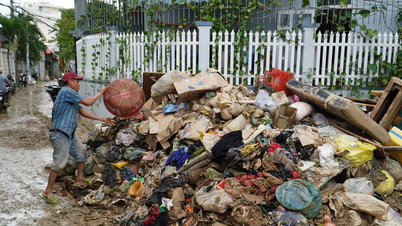
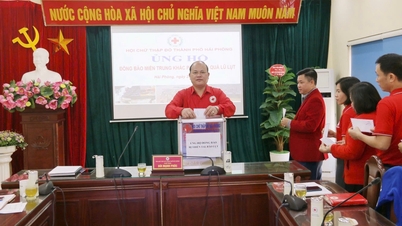

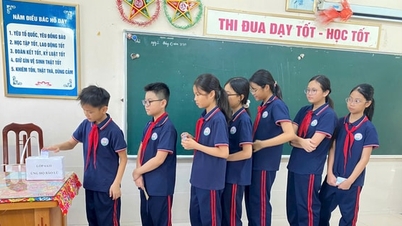









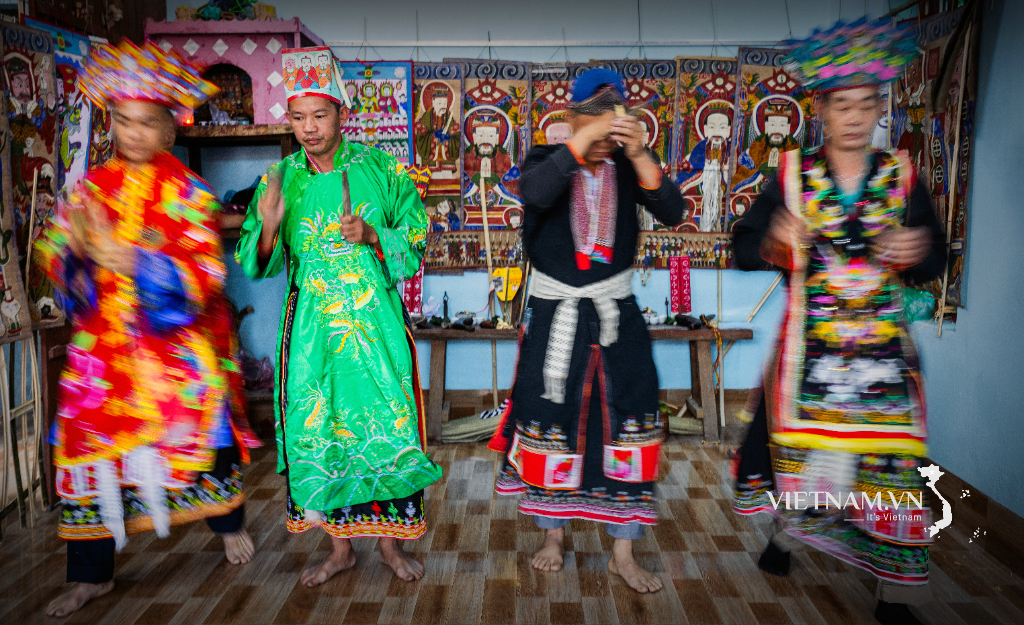



Comment (0)